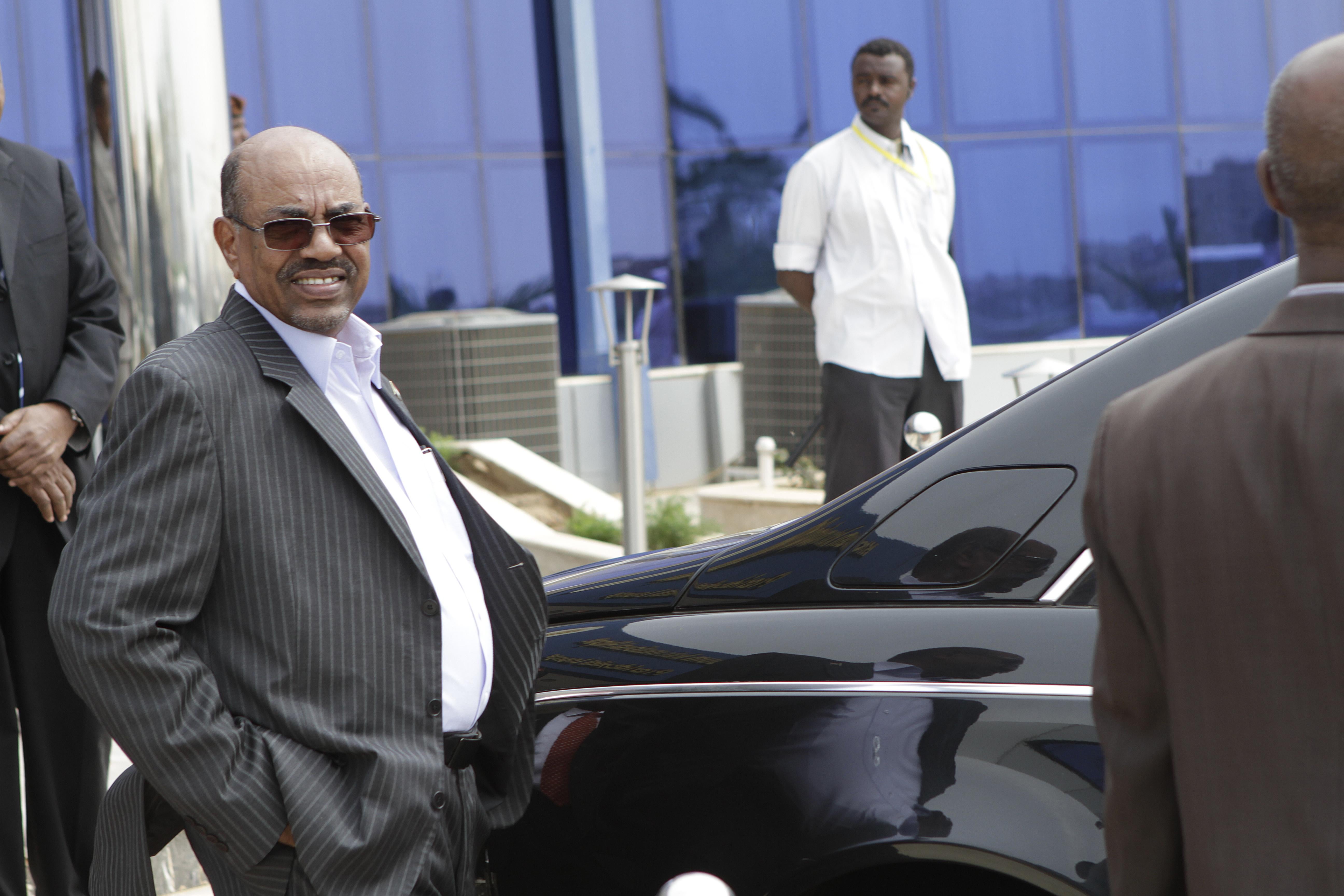Sudan’s government says it has applied for a U.S. visa to let President Omar al-Bashir travel to New York to attend the U.N. General Assembly next week. This is… a little awkward.
Bashir, as you may recall, has been charged with genocide by the International Criminal Court in 2010 for his alleged role in the killing and displacement of thousands of people in Darfur. As such, countries that are signatories to the ICC are obligated to arrest him and turn him over to The Hague if he enters their territory.
This hasn’t stopped Bashir from traveling widely in recent years, though he’s had to be a little careful about his destinations. He’s gone to Chad, China, Eritrea, Egypt, Ethiopia, Libya and Qatar. He attended an Arab League summit in Baghdad last year. He was at an African Union summit in Nigeria earlier this summer but left in a hurry, facing widespread calls for his arrest. Malawi’s government blocked him from attending last year’s AU meeting.
The United States is not a member of the ICC but has cooperated with it in the past and has supported the international effort to label Bashir a war criminal. “Such a trip would be deplorable, cynical and hugely inappropriate,” said Amb. Samantha Power, who in her previous career was America’s best-known anti-genocide campaigner.
It doesn’t appear that there’s all that much the United States can do about it, however. The original agreement for basing the United Nations in New York, signed in 1947, specifies that that the U.S. government “shall not impose any impediments to transit to or from the headquarters district of (1) representatives of Members or officials of the United Nations”. As such, anti-American leaders including Fidel Castro, Mahmoud Ahmadinejad, and Robert Mugabe have been permitted to attend the meeting over the years.
Kevin Jon Heller notes that the U.S. hasn’t been all that scrupulous in upholding its U.N. treaty obligations in recent years, but it’s hard to imagine the U.N. General Assembly functioning without the free transit obligation so it would be surprising if the U.S. reversed its position.
For now, the U.S. officials have avoided commenting specifically on whether they can keep Bashir out and a UN spokesman said it’s “a matter for the United States to determine.” Nobody really wants to see a man indicted by a UN-supported court attending a UN meeting, but appears they’re best hope of preventing it for now may be convincing him to stay home.
